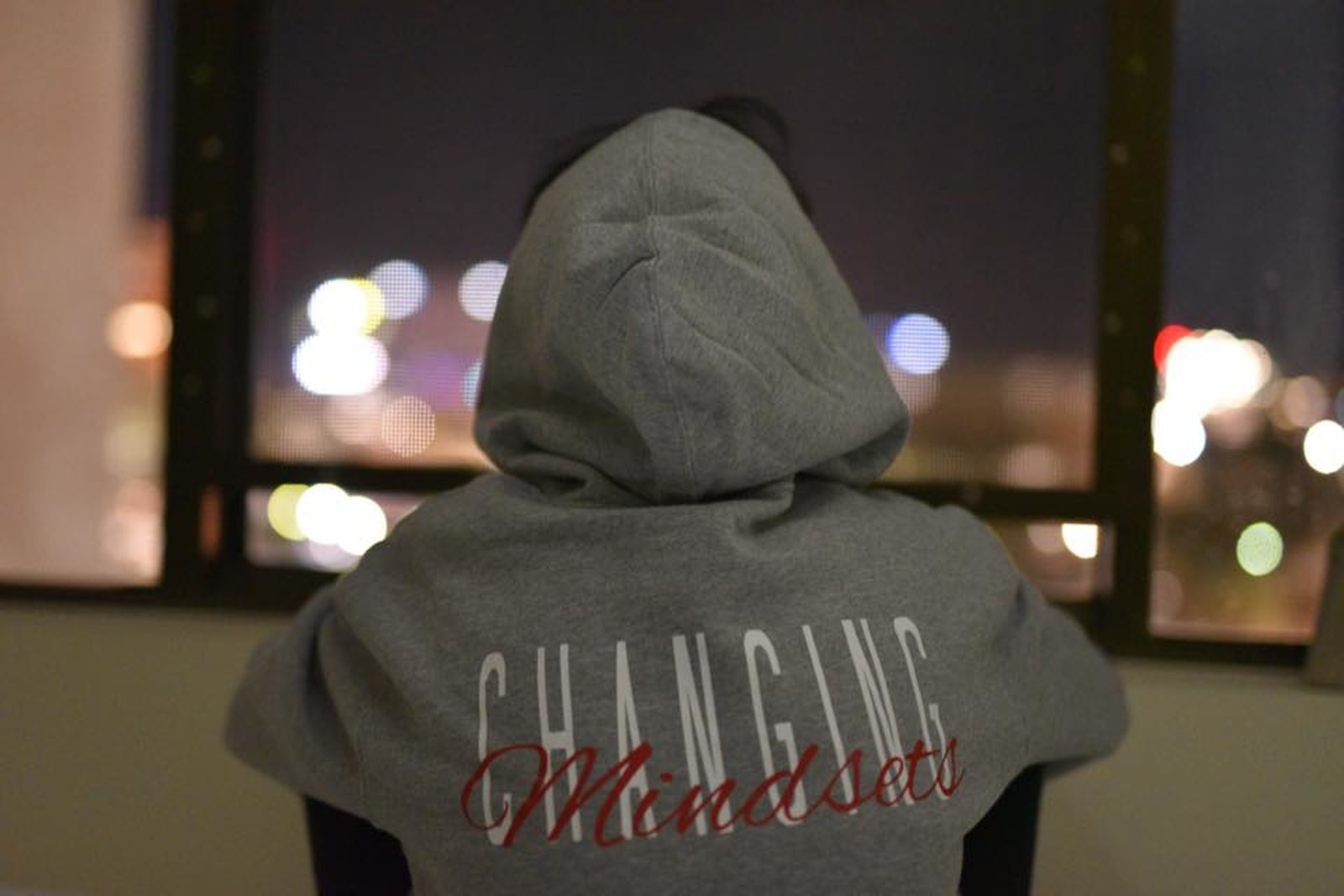In the United States, the rates of anxiety and depression among school-age children and teens are at an all-time high. Unfortunately, a national emergency was proclaimed for children’s and adolescents’ mental health in 2021. Despite the fact that there are many potential reasons for this decline in mental health, a recent study by three eminent experts in child development blames independent “child’s play” for it.
According to research presented in the Journal of Pediatrics, fewer possibilities for kids and teenagers to play, roam, and participate in activities free from adult supervision and control have decreased over the years. Despite their best intentions, adults’ desire to protect and guide children and teens has robbed them of the independence they require for mental health.
The study highlighted a number of restrictions on children’s ability to engage in independent play, including the lengthened time spent in school and on homework at home. The average duration of the school year in the United States rose by five weeks between 1950 and 2010. Even in kindergarten, homework is now commonplace, although it used to be uncommon or nonexistent in elementary school. In addition, elementary schools had an average recess period of just 26.9 minutes per day by 2014 (including any lunchtime recess). Other schools had no recess at all.
Play is a significant subcategory of independent activity, particularly for young children, according to Bjorklund. Play is a direct source of children’s enjoyment, according to research and common sense observations.





